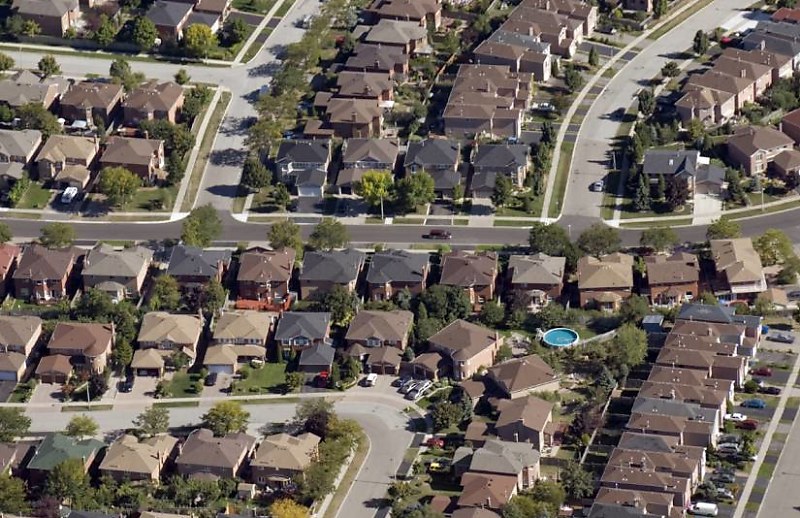You’re out of free articles for this month
Acting head of prices statistics Leigh Merrington said housing (+6.1 per cent), food and non-alcoholic beverages (+5.3 per cent) and transport (+5.9 per cent) prices were the most consequential changes in the 12 months to October.
"The 4.9 per cent increase is down from 5.6 per cent in September and below the peak of 8.4 per cent in December 2022,” he said.
“When excluding these volatile items from the monthly CPI indicator, the annual rise in October is 5.1 per cent, lower than the annual rise of 5.5 per cent in September.”
New dwelling prices rose 4.7 per cent, the lowest annual rise since August 2021, as building material price increases continued to ease, reflecting improved supply conditions.
Housing prices increased 6.1 per cent, lower than the 7.2 per cent increase in September and rent prices rose 6.6 per cent due to low vacancy rates and a tight rental market.
“The annual increase in rents is lower than the rise of 7.6 per cent in September largely due to the increase in Commonwealth Rent Assistance that took effect from 20 September 2023 and reduces rents for eligible tenants. Excluding the changes to rent assistance, rents would have increased 8.3 per cent in the 12 months to October.”
Similarly, the government’s Energy Bill Relief Fund rebate prevented electricity prices from rising steeply due to wholesale prices from annual price reviews.
“Electricity prices have risen 8.4 per cent since June 2023. Excluding the rebates, electricity prices would have increased 18.8 per cent over this period,” Mr Merrington said.
The government’s fuel excise tax, reinstated at the end of September, and higher global oil prices also meant fuel prices were 8.6 per cent higher, down from 19.7 per cent in September.
"The reinstatement of the full fuel excise tax to 46 cents per litre on 30 September 2022 contributed to the annual increase to September 2023 but not to October 2023. This, combined with a monthly fall of 2.9 per cent, has reduced the annual rise for automotive fuel," Mr Merrington said.
However, inflation of food and non-alcoholic beverages accelerated to 5.3 per cent, up from the 4.7 per cent annual increase in September.
“While annual inflation continues to ease across most food categories, fruit and vegetable prices are higher this month compared to 12 months ago, driven by price rises for melons and bananas,” Mr Merrington said.
Other categories that slowed included holiday travel and accommodation, rising 1.3 per cent, down from 1.9 per cent in September.
Mr Merrington said this was the lowest annual rise since February 2022 and down from the peak of 29.3 in December 2022, reflecting a decrease in travel plans caused by the end of school holidays and the peak European summer season.

 Login
Login







